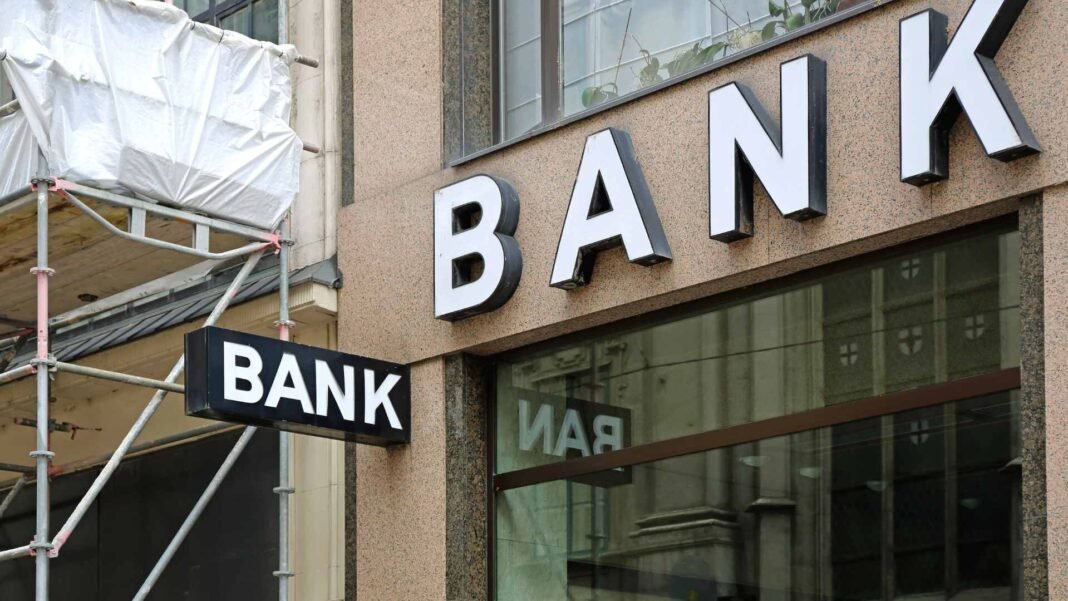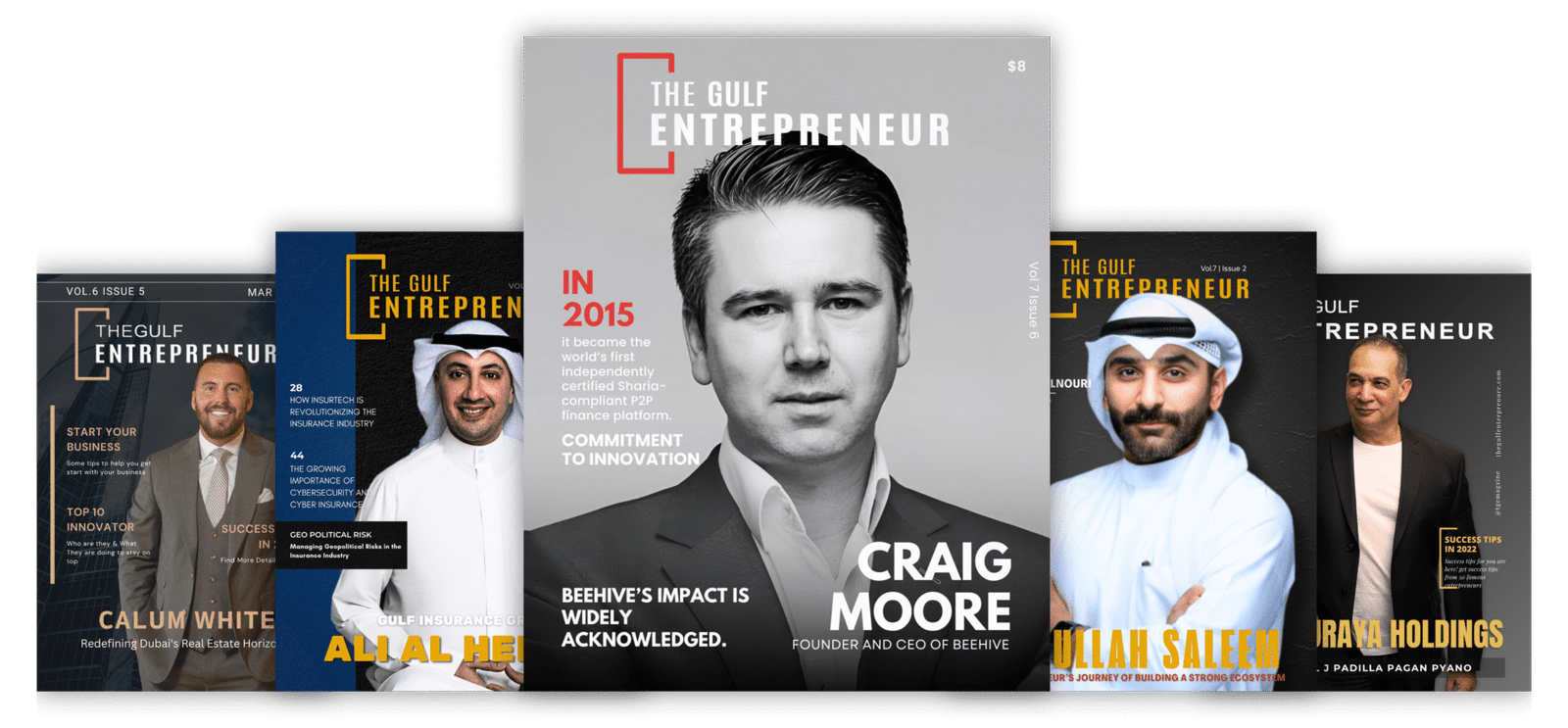A wave of AI-driven startups is sweeping across the Gulf Cooperation Council (GCC), turning the region into a hotbed of innovation. From apps tackling mental health to platforms fighting climate change, young entrepreneurs are harnessing artificial intelligence to solve local problems with fresh, homegrown ideas.
The GCC’s tech scene is buzzing with energy. In cities like Dubai, Riyadh, and Doha, startups are popping up at a dizzying pace, fueled by AI’s ability to crunch data, predict trends, and offer tailored solutions. Unlike past trends that leaned heavily on copying Western models, today’s founders are being urged to think local. Investors and mentors want startups that reflect the region’s unique culture, challenges, and ambitions.
Roman Ziemian, a prominent investor and mentor, is one of the loudest voices cheering for originality. “The GCC doesn’t need another knockoff of a Silicon Valley app,” he said at a recent tech summit in Abu Dhabi. “We’re on the verge of a golden age for innovation here, but it has to come from our own stories and solutions.”
Take mental health, for example. Startups like MindEase, based in Bahrain, use AI to offer personalized therapy sessions in Arabic, breaking cultural stigmas around seeking help. In Saudi Arabia, GreenPulse is making waves with an AI-powered platform that helps farmers optimize water use in the desert—a critical issue in a region grappling with climate challenges.
The numbers back up the hype. A 2024 report from the Dubai Future Foundation found that AI startups in the GCC raised over $1.2 billion in funding last year, a 40% jump from 2023. Governments are also stepping up, with initiatives like Saudi Arabia’s Vision 2030 and the UAE’s AI Strategy 2031 pouring money into tech hubs, incubators, and talent development.
But it’s not just about cash. The region’s young, tech-savvy population—over 60% of GCC residents are under 30—is driving demand for solutions that feel relevant to their lives. “Our generation wants tools that speak our language, literally and figuratively,” said Noor Al-Khalifa, a 27-year-old founder of a Qatari AI startup focused on education.
Still, challenges remain. Some experts warn that the rush to embrace AI could lead to overhyped projects or solutions that don’t fully address local needs. Ziemian echoed this caution, urging founders to “dig deeper” into the region’s real problems rather than chasing trends.
For now, the GCC’s startup scene is brimming with potential. As entrepreneurs blend AI with local know-how, the region is carving out a distinct identity in the global tech landscape. If this momentum holds, the GCC could soon be known not just for its oil wealth, but for its bold, innovative spirit.










